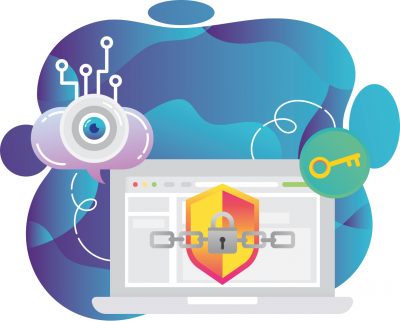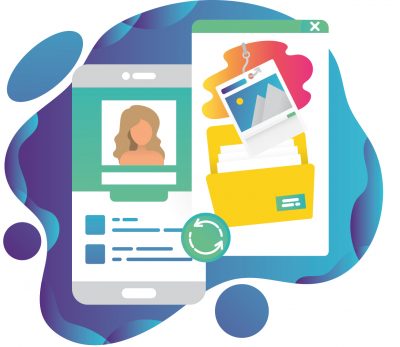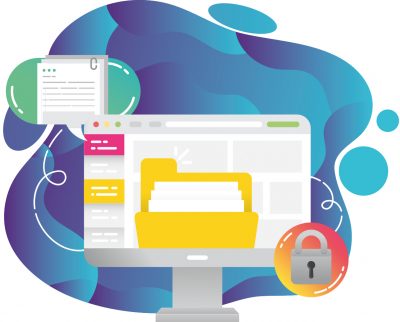The Internet is a wonderful platform to learn and search for information, connect with friends, and create opportunities for ourselves and others. Yet, the internet is also a dangerous place.
It is filled with online threats, e.g. cyberbullying, scams/fraud, identity theft, viruses/malware, harmful/ illicit content, digital piracy, sexual predators, fake news, etc. However, instead of fearing this resource, we should teach our kids (and ourselves) the importance of cyber-security and being internet savvy.
Cyber-security is important as many things are now done online. But due to convenience, we may neglect our data/privacy security, and this can cost us financially, psychologically, and even physically.
Safe surfing
Here are some useful tips to teach your kids and keep them safe online:
- Educate yourself first. Keep abreast with the latest news and alerts on internet safety. Update your digital devices with the latest security updates/patches and antivirus software regularly.

- Highlight and discuss the do’s and don’ts of online behaviour with your kids. Emphasise that the online world mirrors the real world and remind them: ‘If you wouldn’t do it face to face, don’t do it online’.
- Be their ‘friend’ online. Know what social media sites your kids are using, and connect with them on these sites. This allows you to monitor their activities and what they share online.
- Remind them that everything they do online is captured forever, even after deleting it. Avoid posting revealing or embarrassing pictures, and always remember to be respectful and responsible when posting comments.
- Many employers and university admissions offices look at social media profiles when considering candidates to get a truer picture of that person. It is therefore wise to showcase one’s personality and character fairly through the use of social media.
- Do not put sensitive or personally identifiable information online or give it to strangers. Anyone can claim to be someone else online, so do not trust easily.
- Avoid posting or sharing locations (school, after- school activities, etc.) as this gives child predators ready access to their location. Better yet, turn off location services.
- Demonstrate how to use antivirus or detect suspicious phishing websites, which may steal account passwords or other confidential information (e.g. by offering free stuff or with a clone website). ‘If it seems too good to be true, it probably is’.
- Always verify the authenticity of information first before sharing it, as it may be fake news. Under the Anti-Fake News Act, “knowingly” creating and spreading “fake news” is a crime in Malaysia.

- Nothing is private when using public Wi-Fi. You are vulnerable to cybercriminals viewing or stealing your information. It is safer to perform important transactions (e.g. online banking) on secured networks using your mobile data service.

- Be aware of cyberbullies. If your kids are bullied online, encourage them to ask for help.
- Only install or download applications or software from trustworthy sources. Read the privacy policy before installing to consider how much personal information and phone access the app requires.
- Help your kids create sensible passwords with a combination of upper and lower case letters, numbers and symbols. Never use easily- identifiable information. Ideally, use different passwords for each account.
- Impose limits on your kids’ online access. You may install parental control apps to filter online content, set rules and time schedules on device usage, and block pornography and other unsuitable content. Websites such as YouTube and Netflix have specific settings to restrict kids’ access.
A final remark
To be safe online, equip your kid with internet literacy. We may not be there to guide them all the time. By empowering them with these guidelines, you can increase the safety and benefit of having the world at their fingertips.







Comments